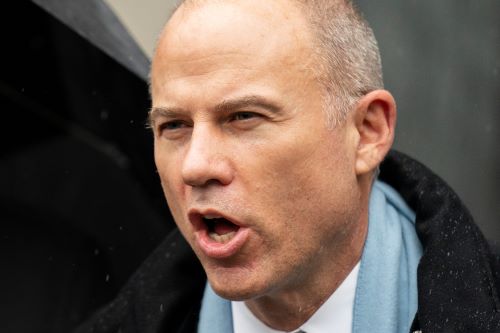Will Cities Be Able To Decriminalize Abortion?
Facing the possibility of the U.S. Supreme Court overturning Roe v. Wade, federal, state, and local lawmakers supportive of abortion rights have been scrambling to find legal avenues to protect abortion access in states where restrictions are almost certain to come.
City council members in Austin, Texas, are arguing that “decriminalization” could be the way for liberal cities in conservative states to get around abortion rights restrictions. What would this look like? And is it even legal?
Post-Roe Trigger Laws
If Roe v. Wade is overturned, a Texas “trigger law” already on the books would go into effect, criminalizing abortion for all pregnancies, except those that directly endanger the life of the pregnant person. Texas would have some of the strictest abortion restrictions in the United States.
Under this trigger law, providing an abortion would be a first-degree felony. A conviction could mean a prison sentence of 20 to 99 years and a $10,000 fine. Some abortion-rights activists believe that this trigger law would lead to the prosecution of doctors providing abortions as well as abortion-seekers using medications through the mail to terminate their pregnancies at home.
What Would Abortion Decriminalization Look Like?
While Texas as a whole plans to criminalize abortion, some city council members in the capital city of Austin are planning measures to protect abortion access within the city. The Guarding the Right to Abortion Care for Everyone (GRACE Act) aims to remove the threat of arrest within city limits for abortion recipients and their providers.
The GRACE Act would direct the Austin Police Department to make abortion investigations, arrests, and criminal enforcement the least of its priorities. The act would also prevent city employees or funds from reporting or investigating suspected abortions.
The Austin City Council has previously passed decriminalization measures with similar enforcement methods to the GRACE Act. This includes a 2020 measure effectively decriminalizing cannabis that ended arrests for low-level cannabis possession. Other cities have done the same and started to decriminalize other substances as well. Several progressive prosecutors across the country have also stopped prosecuting certain low-level offenses, even after police arrest people for committing them.
So while it would still be illegal to provide or obtain an abortion within Austin city limits, the threat of arrest would be much lower.
The Future of Abortion in Austin and Other Cities
These efforts make Austin the first city within a red state to actively push for abortion decriminalization. Other cities in Texas and across the country are likely to follow suit.
With Austin’s potential blocking of the enforcement of abortion restrictions in a border region of the country where nearly all abortions could become illegal, it could become a sanctuary city for people seeking abortions.
This would be similar to U.S. cities that refuse to cooperate with federal immigration authorities in detaining immigrants who lack legal status.
If Austin’s city council does pass the GRACE Act in the post-Roe world, it would open the door for similar acts by other cities around the nation. That would have the potential to protect millions of individuals from the threat of prosecution. Though it is important to note that no laws have been passed yet. Roe v. Wade still stands and abortion within Texas, while heavily restricted, is still legal.
Austin City Councilmember Chito Vela, the author of the GRACE Act, will not submit it for full consideration until the U.S. Supreme Court issues its decision in the Dobbs v. Jackson Women’s Health case. If the GRACE Act or any similar city ordinance passes, they will more than likely face court challenges of some kind. For now, it is best to simply wait and see what future legislation holds.
Related Resources:
You Don’t Have To Solve This on Your Own – Get a Lawyer’s Help
Meeting with a lawyer can help you understand your options and how to best protect your rights. Visit our attorney directory to find a lawyer near you who can help.






